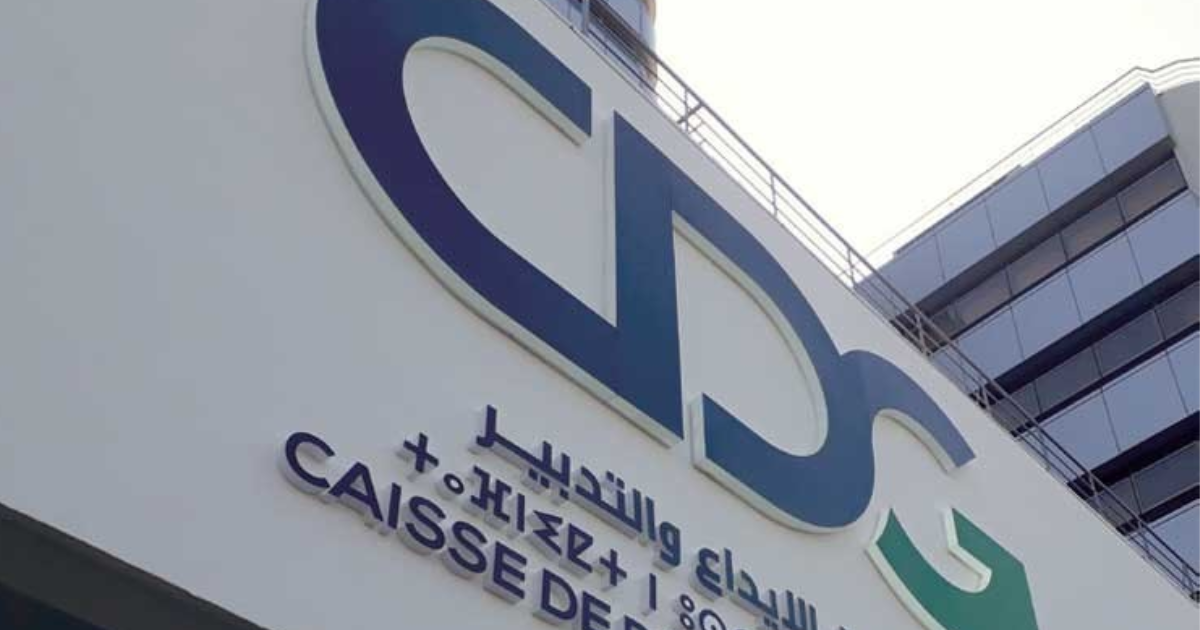Morocco’s State-Owned CDG Invest Fund, Selects 12 Startups for its Incubation Program

CDG Invest, the investment arm of Morocco’s state-owned CGD Group in charge of the country’s long-term savings, has chosen 12 Moroccan startups to benefit from its incubation program as reported by Morocco World News.
According to a press release from the company, CDG Invest is planning to finance and incubate 12 Moroccan startups working in fields such as fintech, logistics, and e-commerce through a special program.
The startups were chosen from over 400 applications and will be incubated by CDG Invest’s program 212 Founder.
Incubating startups entails providing financial and technical assistance to a startup to increase its chances of market success.
The list of selected startups for the incubation program comprises Distripha, Humanitics, Ta7alil, and, Crealo, four startups developing an AI solution to optimize online services. The list further includes SLM Impact Fi, a fintech startup, the statement explains.
Laymoon, POGO, OPT-IN, Hemicube, KargoLive, and Digishare, operate in AI, as well as electric vehicle rental, among other fields.
Read Also: MOROCCAN ENTREPRENEURS IN DIASPORA TO INVEST $1.946 BILLION IN MOROCCO
Since its inception in 2019, the 212 founders program has funded 12 startups for initial and late-stage operations totaling $5.7 million (MAD 57 million).
According to CDG Invest, the program’s goal is to provide tailored support to incubated startups. In addition, the program’s “Series A” program provides startups with up to $ 635,625, (MAD 7 million) in initial funding and up to $908,035, (MAD 10 million) in late-stage funding.
Morocco has launched several programs in recent years to incubate startups and stimulate the development of a startup ecosystem in the country.
Despite the country’s startup ecosystem’s gradual growth, it still faces significant challenges. According to experts, startups’ growth prospects are hampered by a lack of capital, fragmented markets, a lack of quality education, and inadequate infrastructure in the kingdom.
